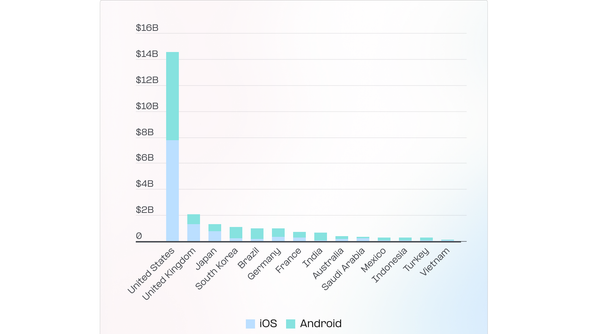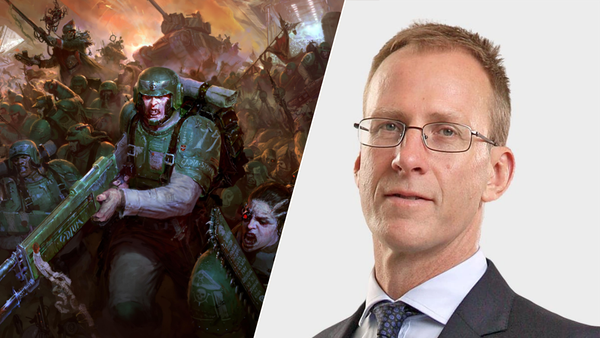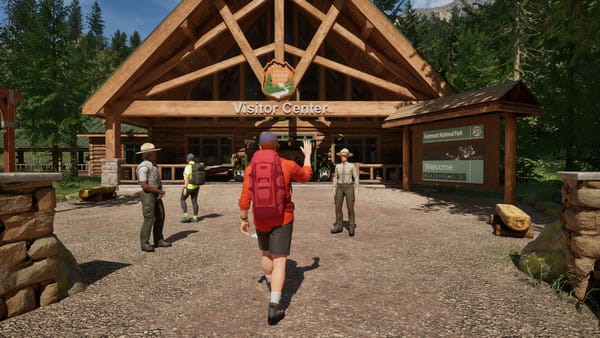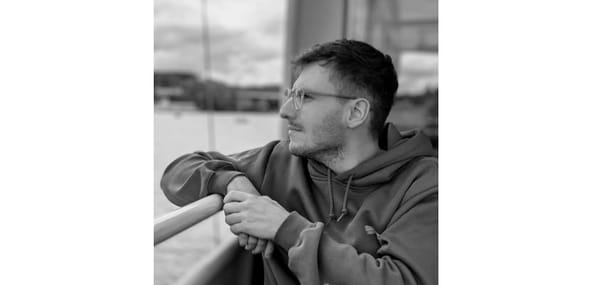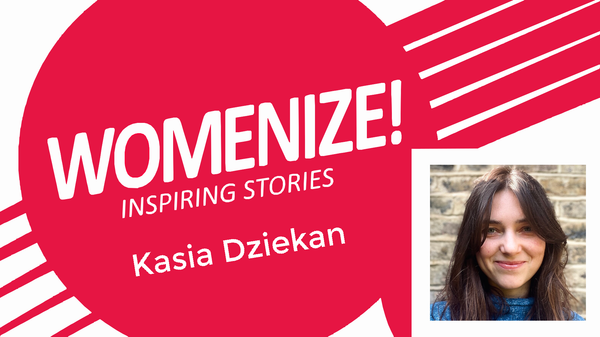Medienboard: "Berlin is Expecting a Big Games Party in May"
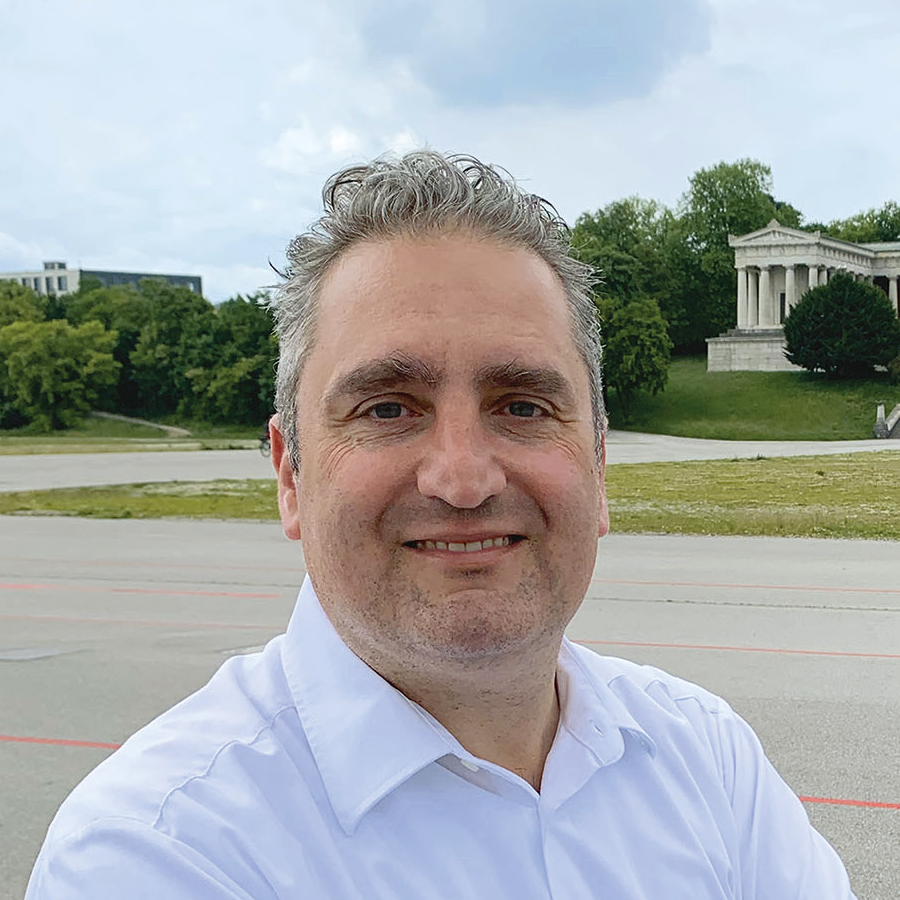


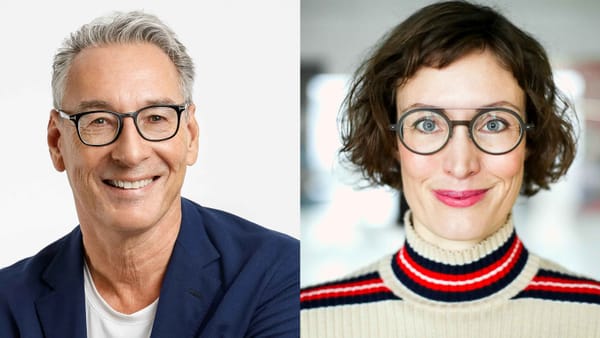
Despite difficult times, the Medienboard had a good year in terms of funding games and XR projects, but especially games. And 2025 will be even better, as CEO Helge Jürgens and Head of New Media Funding Dr. Anna Sarah Vielhaber report in an interview.
GM: How would you sum up the 2024 funding year?
Helge Jürgens: Overall, it was a good and productive year, we are satisfied with our games funding activities. Of course, we would have liked more budget, but given the difficult economic situation, we are pleased that we can continue at the level of previous years. Although the budget still has to be finally approved by the Berlin Senate, there will be no expected cuts in the games funding section at the Medienboard. That makes us confident. Nevertheless, it must be clearly stated that we, as a regional funding body, cannot compensate for a non-existing federal games funding. This issue affects not just us but also North Rhine-Westphalia, Bavaria, and other federal states.
GM: Nevertheless, Berlin is still the federal state with the highest games funding, measured by the amount of funding, isn't it?
Helge Jürgens: In times of budget freezes and cuts, we are grateful that funding for games has remained steady. The general attitude in the Berlin Senate toward the games industry is positive across party lines. Both the Governing Mayor Kai Wegner and the Senator for Economic Affairs, Energy and Public Enterprises Franziska Giffey strongly support the industry and do their best to back it. This is evident in the fact that the House of Games project wasn’t cut.
GM: What was the quality of the submitted projects in 2024 like?
Anna Vielhaber: The quality of the projects continues to be very high. The introduction of federal funding has encouraged studios to think bigger and plan projects with higher budgets. This development towards more professional and ambitious projects is extremely encouraging. It is all the more tragic that the studios are suddenly being left empty-handed again after the initial phase of federal funding.
GM: Project funding is only one aspect. How would you sum up the events? Berlin has achieved a lot with the second Games Ground in 2024.
Anna Vielhaber: 2024 was an outstanding year for Berlin in terms of events. We now have several flagship events spread throughout the year. For example, A MAZE. and Pictoplasma are getting better and bigger every year and the content is of even higher quality. As a highlight this year, A MAZE. represented the Games Capital at the gamescom as a special guest and hosted a reception together with Berlin-Brandenburg. The Games Ground was able to grow significantly in its second year, with more space, more participants and a broader range of topics and it integrated numerous other events, such as the "AI Utopia and Dystopia" conference from Stiftung Digitale Spielekultur (Digital Game Culture Foundation) or Publisher Connect 2024. In addition, the young talent programs “Play Promote Publish” and “Startup: Games Entrepreneurs” had successful runs and the unique “The Rabbit Games Residency Program” in Brandenburg took place for the third time and received twice as many applications as in the previous year.
Nobody plans an event around an award that is only presented every few years because it is re-tendered annually, making reliable planning impossible. - Dr. Anna Sarah Vielhaber
GM: The Medienboard is the main institution for the film and media industry in the German capital region, representing both the city of Berlin and the state of Brandenburg. How do you manage to reconcile these two very different regions as a Media hub development organisation?
Anna Vielhaber: Each region has its strengths, and our job is to use them sensibly. The dialog with both federal states works well, and Berlin and Brandenburg often complement each other perfectly. Whilst Berlin’s ‘Kieze’ are the home for independent studios and game developers, Babelsberg became a hub for technological innovations.
Helge Jürgens: Technologies from the games industry also have a positive impact on Berlin-Brandenburg as a location for films and series. A good example is the DIGI.TALe funding program at the Film University Babelsberg KONRAD WOLF, which we support since years. Within this program there are many examples of funding projects, from series to XR Experiences, which all use game engines for the development process. This technology also plays a major role in virtual production, where AI and game engines create backgrounds on large LED walls. This creates synergies that extend far beyond the gaming industry. A successful example is the company Telescope Animation. With “The Last Whale Singer” they are not only developing a feature film, but also a game, a VR-Experience and a series – a prime example of the convergence of games, film and other media.
GM: Aren't projects like this the exception?
Helge Jürgens: I think that younger storytellers in particular consciously consider how they can use technology to tell their stories to their audience. The next generation of creatives no longer has any reservations; you probably find many people at the film university who are also fans of games. A lot has happened in recent years and I am convinced that this new way of thinking offers a great opportunity for the entire film, games and media industry.
A look ahead to 2025: Deutscher Computerspielpreis (DCP) is coming up in Berlin on May 14. Will the awards ceremony be complemented by additional events?
Helge Jürgens: Berlin is expecting a big games party in May, one week full of playful events! DCP will be awarded on the evening of A MAZE.’s first day. We’re also aiming to repeat Spotlight Games, our own accompanying event on the same day as DCP. Within Spotlight Games we want to address the needs of our local industry and get the politics on stage again separately which is extremely important for ongoing support. Ultimately, it is always a matter of weighing up the options: how many projects do we support and how many flagship events where companies can show their products and meet potential partners, such as Games Ground or gamescom. Sometimes an event is just as valuable to us as funding a project if it helps the existing projects to get a publisher or take the next step in their development.
Anna Vielhaber: However, long-term structures like this can only be built if the DCP stays in one city on a regular basis. Nobody plans an event around an award that is only presented every few years because it is re-tendered annually, making reliable planning impossible.
Helge Jürgens: Another point is to bring the DCP more into the center of society. We are also looking for a partnership with a TV station to broadcast the DCP. In order to reach a broader target group, we also need more reach to present the best award-winning games in Germany to a wider audience. I believe there lies a great potential to present the award-winning games beyond a platform like Twitch.
In times of budget freezes and cuts, we are grateful that funding for games has remained steady. The general attitude in the Berlin Senate toward the games industry is positive across party lines. - Helge Jürgens
We mentioned it briefly earlier: the House of Games is planned in Berlin. What is the situation?
Helge Jürgens: The aim is to find a location that takes all stakeholders into account, which includes smaller companies as well as a large company like Ubisoft as a potential anchor tenant, as they want to expand their presence in Berlin and need a new office. It is certainly not an easy process, but we are confident that the House of Games will be able to open in early 2026. Berlin’s Governing Mayor Kai Wegner has publicly stated that the budget of 4.6 million euros has been secured.
Helge Jürgens is Medienboard's CEO of New Media Funding. A business-administration graduate, Jürgens has held leadership roles in the film and TV industry for more than 20 years.
Dr. Anna Sarah Vielhaber is Head of New Media Funding. Anna joined Medienboard 2011. Before that, she coordinated the Media Culture Studies program at the University of Cologne and worked on projects for the Short Cuts Cologne short film festival and the Progress Film distribution.
Never miss anything from the German, Swiss and Austrian games industry again: subscribe for free to our Daily newsletter and get all news straight to your inbox.

